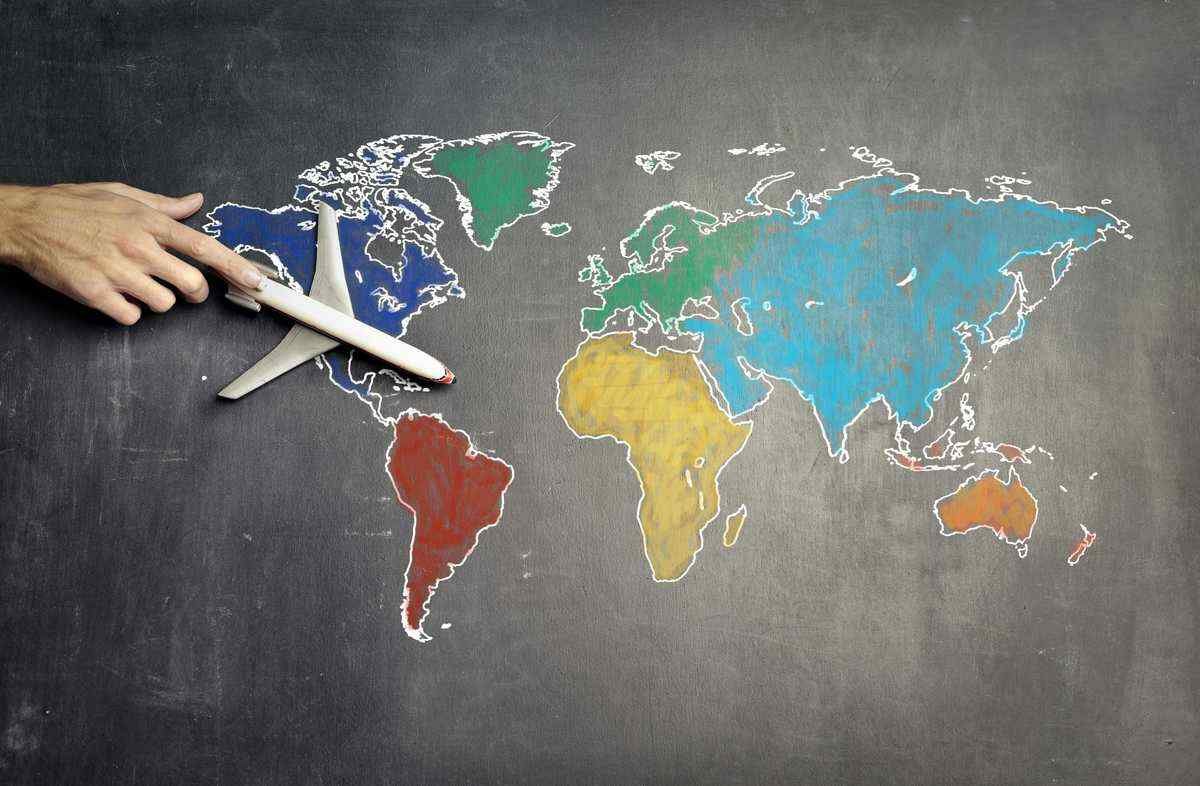Recycle Right in Boise: A Handy Guide to the City’s Recycling Program
Introduction: Embracing Responsible Recycling Practices in Boise
Welcome to Boise, a city dedicated to sustainability and environmental stewardship. As a resident, you play a crucial role in upholding our collective responsibility to protect our planet. Recycling is one of the most impactful ways we can contribute to a greener future. This comprehensive guide will equip you with all the essential information you need to recycle right in Boise, ensuring that your discarded materials are diverted from landfills and transformed into valuable resources.
Understanding Boise’s Recycling Program: A Framework for Responsible Waste Management
Boise’s recycling program is designed to make recycling accessible and convenient for all residents. The city provides a variety of recycling options, including curbside pickup, drop-off locations, and special collection events. To ensure that your recyclables are processed correctly, it’s essential to understand what materials are accepted in Boise’s recycling program. Let’s delve into the specifics:
1. Accepted Recyclables: Embracing a Wide Range of Materials
- Paper and Cardboard: Unleash the Power of Paper Transformation
- Plastic: Transforming Plastic Waste into New Possibilities
- Metal: Unlocking the Value of Metallic Treasures
- Glass: Reimagining Glass for a Sustainable Future
- Electronics: Ensuring Responsible Disposal of Technological Advancements
Newspapers, magazines, junk mail, cardboard boxes, and paperboard are all welcomed with open arms in Boise’s recycling program. Remember to flatten cardboard boxes to save space and ensure efficient processing.
Plastic bottles, jugs, and tubs marked with recycling symbols #1 through #7 are eagerly accepted. Lids and caps should be removed and placed loosely in your recycling bin.
Aluminum cans, tin cans, and aluminum foil find a new lease on life through recycling. Rinse out food residue from cans before tossing them in the recycling bin.
Clear, green, and brown glass bottles and jars are eagerly welcomed in Boise’s recycling program. Please rinse out any remaining contents before recycling.
Computers, TVs, cell phones, and other electronic devices contain valuable materials that can be extracted and reused. Boise offers electronic recycling drop-off locations for convenient disposal.
2. Excluded Materials: Navigating the Boundaries of Recycling
- Food and Organic Waste: Composting for a Nutrient-Rich Future
- Hazardous Materials: Ensuring Safe Disposal of Potentially Harmful Substances
- Medical Waste: Safeguarding Health through Proper Disposal
- Construction and Demolition Debris: Managing Large-Scale Waste Streams
Food scraps, yard waste, and other organic materials should not be placed in your recycling bin. Compost these materials instead to create nutrient-rich soil.
Chemicals, batteries, paints, and other hazardous materials pose risks to human health and the environment. Dispose of these items properly at designated hazardous waste collection facilities.
Medical waste, including needles, syringes, and bandages, should be disposed of in accordance with local regulations to prevent the spread of infection.
Construction and demolition debris, such as drywall, lumber, and concrete, require specialized disposal methods. Contact your local waste management authority for guidance.
Recycling Right: A Step-by-Step Guide to Effective Recycling Practices
Now that you know what materials are accepted and excluded from Boise’s recycling program, let’s delve into the practical steps you can take to recycle right:
- Rinse and Empty: Prepare Your Recyclables for a Fresh Start
- Remove Lids and Caps: Separating Components for Optimal Processing
- Flatten Cardboard: Maximizing Space and Streamlining Collection
- Discard Loosely: Allowing Recyclables to Breathe
- Stay Informed: Embracing Change and Adaptation in Recycling Guidelines
Rinse out any remaining food or liquid from containers to prevent contamination and ensure efficient recycling.
Remove lids and caps from plastic bottles and jars to facilitate proper sorting and recycling.
Flatten cardboard boxes to save space in your recycling bin and make collection more efficient.
Place recyclables loosely in your recycling bin to prevent compaction and ensure proper sorting.
Recycling guidelines may change over time. Stay informed about updates to ensure that you’re recycling the right materials in the right way.
Recycling Resources: Empowering Boise Residents with Convenient Options
Boise offers a variety of recycling resources to make recycling accessible and convenient for all residents:
- Curbside Pickup: Recycling at Your Doorstep
- Drop-Off Locations: Expanding Access to Recycling Opportunities
- Special Collection Events: Addressing Unique Recycling Needs
Boise provides curbside recycling pickup services to eligible residents. Check with your local waste management provider for specific details and schedules.
Boise boasts a network of drop-off locations for recyclables, including electronic waste, batteries, and hazardous materials. Visit the city’s website for a comprehensive list of drop-off locations.
Boise organizes special collection events throughout the year to accommodate specific recycling needs, such as shredding events for confidential documents.
Conclusion: Recycling as a Collective Effort for a Sustainable Future
Recycling is a collective effort that requires the participation of every Boise resident. By recycling right, we can conserve natural resources, reduce waste, and protect our environment for generations to come. Embrace the power of recycling and make a meaningful contribution to a greener, more sustainable Boise. Remember, every recycled item is a step towards a healthier planet.
Call to Action: Join the Recycling Revolution in Boise
Join the movement towards a more sustainable Boise by embracing responsible recycling practices. Spread the word to your friends, family, and neighbors about the importance of recycling. Encourage them to learn more about Boise’s recycling program and take actionable steps to reduce their environmental impact. Together, we can make a tangible difference and create a legacy of environmental stewardship for future generations.
